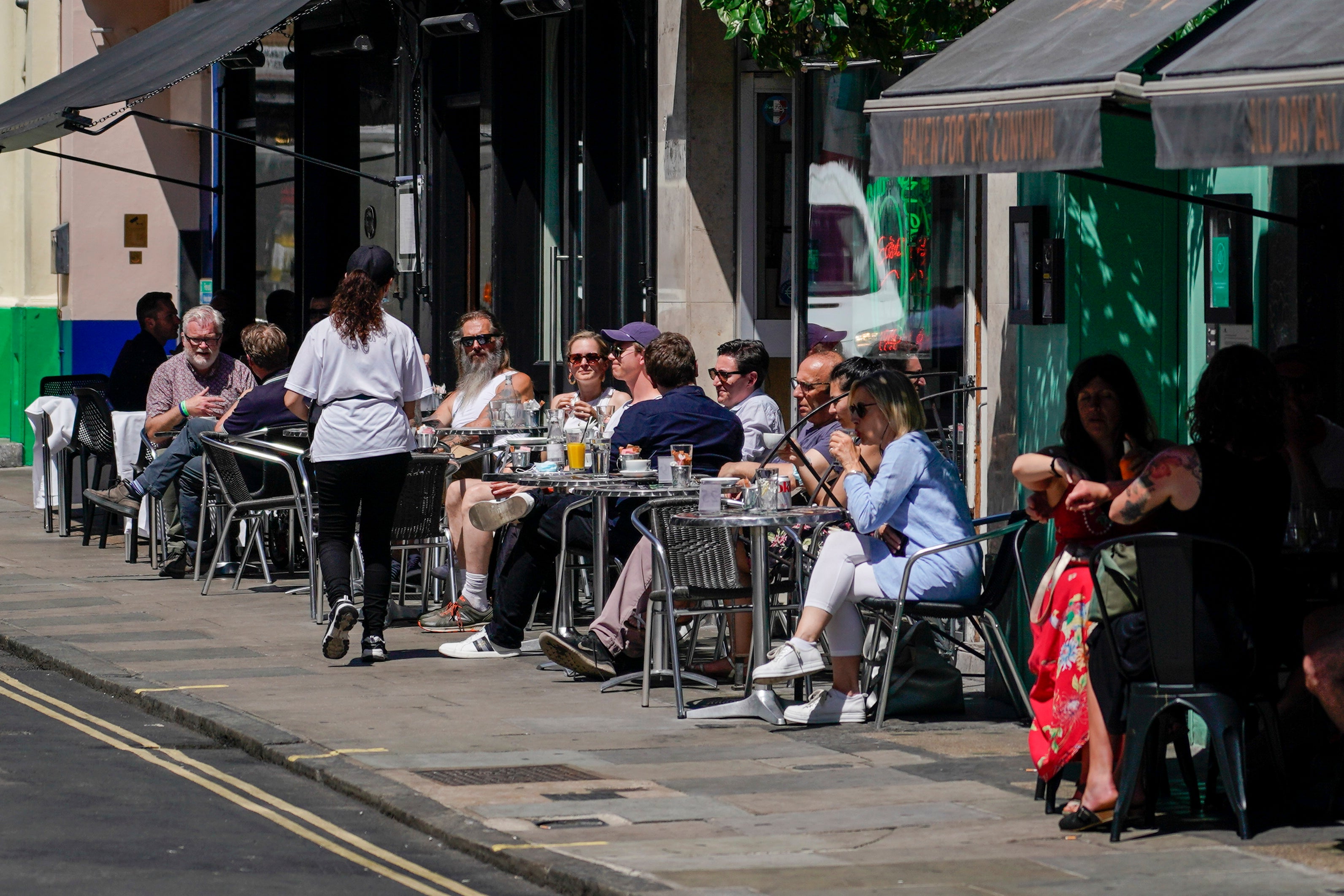UK inflation up more than expected amid Covid fluctuations
British consumer prices rose by more than expected last month as fuel and clothing costs surged following the easing of Covid-19 restrictions

Surging fuel prices and more expensive clothing caused the UK’s inflation rate to jump to 2.1 per cent last month.
Official figures show the Consumer Prices Index (CPI) rose 0.6 percentage points from 1.5 per cent in April.
Experts have predicted inflation would increase markedly as demand picks up in the economy and prices rise on a range of goods.
However, the increase in May exceeded economists’ expectations and took inflation above the Bank of England’s target of 2 per cent for the first time in two years.
A strengthening pound and adequate labour supply are likely to keep inflation under control, said Samuel Tombs, chief economist at Pantheon Macroeconomics.
In a note to clients, he forecast that the rate of inflation will probably peak at around 2.8 per cent later this year before returning to the 2 per cent target by the middle of 2022.
Last week, the Bank of England’s chief economist, Andy Haldane, said a rise in inflation above the central bank’s target must be only temporary, and that long-term levels of high inflation need to be “avoided at all costs”.
Grant Fitzner, chief economist at the Office for National Statistics (ONS), said: “The rate of inflation rose again in May and is now above 2 per cent for the first time since the summer of 2019.
“This month’s rise was led by fuel prices, which fell this time last year but have jumped this year, thanks to rising crude prices.
“Clothing prices also added upward pressure as the amount of discounting fell in May.”
The ONS said higher transport and motor fuel costs were a major contributor to the jump in inflation, as crude oil prices increased amid pressures on supply.
It said motor fuels saw a 17.9 per cent price surge over the past year, representing the highest increase for more than four years.
Clothing prices also increased by 2.3 per cent, the biggest rise since 2018, as retailers significantly reduced their discounting a month after welcoming customers back into stores.
This inflation was only partly offset by a negative impact from cheaper food and drink prices.
Bread, cereals and meat prices all dipped after seeing significant rises a year earlier.
The Retail Price Index (RPI), a separate measure of inflation, increased to 3.3 per cent from 2.9 per cent in April.
The CPI, including owner-occupiers’ housing costs (CPIH) – the ONS’s preferred measure of inflation – was 2.1 per cent in May, up from 1.6 per cent last month.
Yael Selfin, chief economist at KPMG UK, said: “There is a greater level of uncertainty about prices at present, with a possibility that inflation will turn out to be higher if staff shortages persist, triggering stronger wage rises, while cost increases continue to be passed on to consumers.
“However, with price pressures expected to ease next year and inflation to stabilise around 2 per cent, it is likely that the Bank of England will hold fire and not raise interest rates before 2023.”